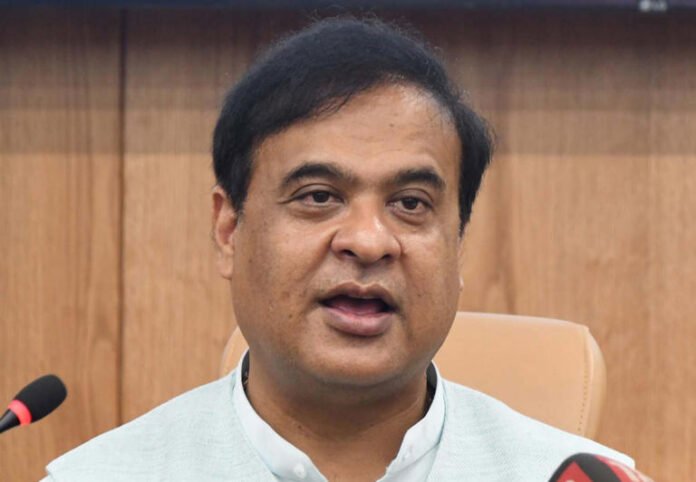Assam Chief Minister Himanta Biswa Sarma has announced a firm stance against any protests or demonstrations opposing the recently enacted Waqf (Amendment) Act, 2024, within the state. This declaration comes in the wake of recent unrest in Assam’s Barak Valley, where protests against the Act led to violent clashes between demonstrators and law enforcement.
Background of the Waqf (Amendment) Act, 2024
The Waqf (Amendment) Act, 2024, which received presidential assent on April 5, 2024, and came into effect on April 8, 2024, introduces significant changes to the administration of Waqf properties in India. The amendments aim to enhance government oversight and streamline the functioning of Waqf boards. Key provisions include allowing non-Muslims to be appointed to Waqf boards, restricting property donations, and altering the functioning of Waqf tribunals.
These changes have sparked concerns among various Muslim organizations and political groups, who view them as an infringement on the autonomy of Waqf institutions and a potential threat to the preservation of Muslim religious and cultural heritage.
Assam’s Response to Protests
In response to the protests in Barak Valley, CM Sarma emphasized the state’s commitment to maintaining law and order. He stated that any form of protest or demonstration against the Waqf Act would not be permitted in Assam, citing the need to uphold legal frameworks and ensure public safety. The Chief Minister’s office has directed law enforcement agencies to take stringent action against organizers and participants of unauthorized protests.
The Assam government’s position aligns with its broader approach to managing public demonstrations. In March 2024, CM Sarma warned political parties against calling bandhs (strikes) in violation of court orders, stating that such actions could lead to the cancellation of their registrations. He emphasized that opposition to laws should be pursued through legal channels rather than street protests.
Legal and Political Implications
The Assam government’s decision to prohibit protests against the Waqf Act raises several legal and constitutional questions. Critics argue that this move infringes upon the fundamental right to freedom of expression and assembly guaranteed by the Indian Constitution. Legal experts suggest that while the state has the authority to maintain public order, it must balance this with the protection of democratic rights.
Politically, the ban on protests is likely to intensify tensions between the Assam government and opposition parties, particularly those representing Muslim communities. The All India United Democratic Front (AIUDF) and other regional parties have condemned the government’s stance, accusing it of undermining democratic processes and suppressing dissent.
Public Reaction and Future Outlook
The public reaction to the government’s decision has been mixed. While some citizens support the government’s efforts to maintain order, others view the ban as an overreach that stifles legitimate expressions of concern. The situation remains fluid, with ongoing discussions about the balance between governance and civil liberties.
As the implementation of the Waqf (Amendment) Act continues, the Assam government’s approach to handling protests will be closely monitored. The outcome of this policy could set precedents for how similar issues are addressed in other states, influencing the broader discourse on the intersection of law, governance, and public dissent in India.


